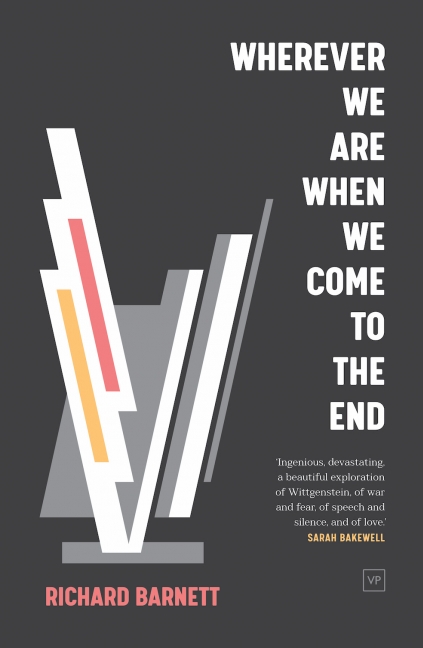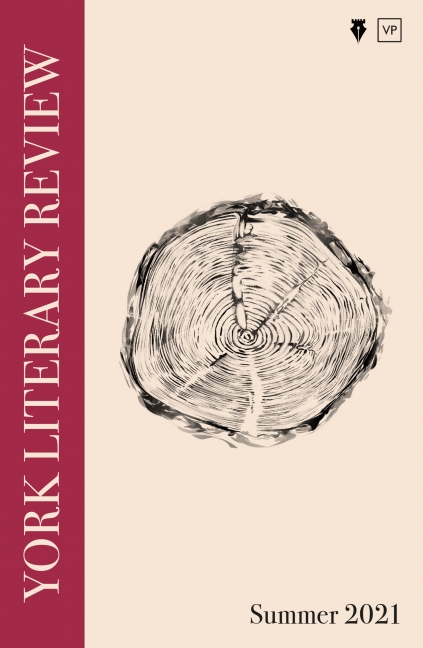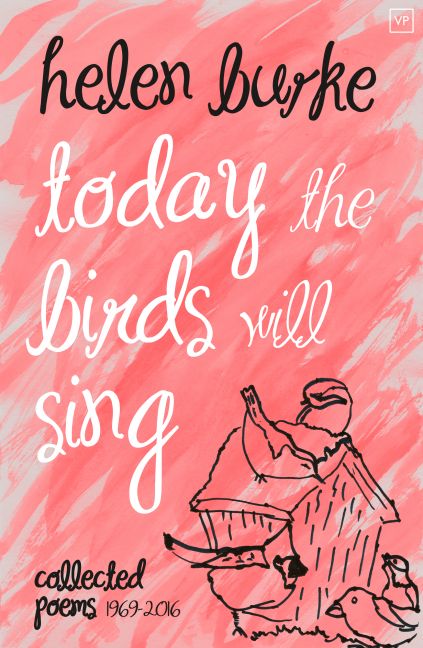By Amy Boyle
“Each book has its own needs”
Jamie Mcgarry
I had the pleasure of interviewing Jamie McGarry, Publisher at and owner of Valley Press based in Scarborough. This interview is now the second in our Spotlight on Northern Presses series.
Valley Press is one of a growing number of Northern Presses that make up the Northern Fiction Alliance. The Press emerged as a direct result of Jamie’s personal love of the book making process. After completing his degree in English Literature, Jamie attempted to get a job in the publishing industry, but fell prey to its London-centric and competitive nature. As a result, in January 2011 he began publishing books himself and things took off from there.
Speaking to Jamie, it is clear that starting an independent press is a challenge. Creative Writing and Publishing MAs can be beneficial, but it ultimately relies on learning from the process – from trial and error. Jamie confessed that the most difficult part about being a self-employed publisher is ‘handling the cash flow’ and ‘having the money at the right time’. This comes down to differentiating between an idea and a business. Jamie notably states that you ‘can’t learn this from any course’ but if you can master the skill of transforming ideas into a going business concern then ‘you can do anything’.
The Selection Process
So, what does Valley Press look for when deciding what to publish? For them, the ideal book is one that is ‘skilful and literary enough that it could be studied’, but accessible enough that ‘anyone could pick it up and get something from it’. To achieve this, Jamie uses a list of six words that he requires all or at least most of the books he publishes to satisfy:
- Important – a book that has a platform to be heard. One that needs to be shared and read.
- Earnest – the opposite of cynicism. Was the book written because it had to be? Has the book been written because the author had something to say or because the author wanted to say something?
- Unique – something that hasn’t been written before and would be impossible to write again.
- Exceptional – rare, unusual, extraordinary
- Thoughtful – a book that has been created with care and attention.
- Catchy – it must have a hook.
Although Valley Press does not publish books in specific genres, all of the books they publish share these six core values.
The Editorial Process
Jamie noted that ‘each book has its own needs’. For example, he discussed their recently published Suddenly While Living by Rosie Driffill. This book was largely fragmentary and so Jamie hired two separate structural editors before copy-editing. This is something that he has never had to do before, but it felt necessary for this particular publication.
He compared this with another recent publication, Richard Barnett’s Wherever We Are When We Come to the End, which the author had worked on for ten years and required very little editing. No two books are the same; writing is a craft, and the editing process is all about someone else trying to fully articulate the author’s vision. At Valley Press, ‘the author has full control over the words and the front cover’ of their book. Jamie confesses that this had led to some questionable cover designs! However, this fits with Valley Press’ noble aim to always satisfy the author, no matter the cost.
The Growth of Northern Independent Publishing
No interview in the world of publishing is complete without discussing the problems and controversies facing it. This led us to discuss the London-centric nature of the industry and the growth of Northern independent presses to combat it. Jamie stated that over the last ten years, there has been lots of progress. In his opinion, ‘the hard work is done’ and over time, he believes that the industry will become more equally dispersed. This has been aided by the increase of remote working over the past year. In fact, this has allowed Jamie to hire a Senior Designer and Publicity Director for the press. Had it not been for the pandemic he would not have been able to create this post. Jamie believes that the London bubble requires constant, close attention, but is readily beginning to amend itself. He does question, however, if Northern representation will be also affected by this.
The Digitisation of the Industry
I asked Jamie about his opinions with regards to the growing digitisation of the industry. More and more publishers seem to have fostered stronger online presences in an attempt to connect with authors and consumers. Jamie agreed that ‘virtual events are very accessible’, but that the biggest change for him as a publisher has been the rise of digital short-run printing and P.O.D. (Print on Demand). This has meant that for books that he anticipates to sell well, such as his upcoming ecological anthology, Out of Time: Poetry from the Climate Emergency, he will use traditional litho printing, in which plates are created to print each page of the book.
However, for books of a shorter print run, such as York St John’s very own Beyond the Walls anthology and York Literary Review, digital printing will be used. This, he stated, has made a huge difference to the publishing process. He notes that there are still developments to be made within this, as the print quality of P.O.D. printing is slightly lower than that of traditional litho printing. However, the ‘big difference’, he states, will be when it can print to ‘the same quality’.
With the growing digitisation of the industry, there has also emerged an increase in social media usage. Jamie understands that as a publisher, social media presence is entirely needed in the contemporary world. This could be to promote books and upcoming events, or to aid in building a following for upcoming and debut authors. For this reason, he does not believe a social media presence is necessarily required as an author, though it would be beneficial in the long run. Jamie specifically commends Wendy Pratt’s SPELT magazine, in which he notes that their Twitter following has been ‘hugely beneficial’ and has highlighted that a strong social media presence can yield great results.
The Future of Valley Press
So, what does the future hold for Valley Press? Jamie is ‘ambitious’. Though most Northern presses pride themselves on being small, Jamie stated that he does not want ‘to be a small press in 2025’. Being a large press by industry standards means having more than five full-time members of staff, which Jamie hopes to have in the near future. For Jamie, more staff means more books and greater attention to detail. Lendal Press, a recent imprint of Valley Press, arguably acts as a symbol for future developments.
I concluded our interview by asking Jamie if he could recommend one book from the Valley Press list, what would it be? Jamie said that there was only one book that came to mind – Helen Burke’s Today the Birds Will Sing. Helen Burke was a York-based writer who wrote every day for almost her entire life. The book acts as a comprehensive collection of her writing and was a ‘passion project’ for Jamie. He stated that it is the book ‘closest to [his] heart’, and as noted on the book’s page on the website, ‘this is the one book that everyone should own’ (https://bit.ly/3iTYIXx).
If you haven’t had the pleasure of reading a Valley Press book, consider making this your first one. I promise, you will never look back.




